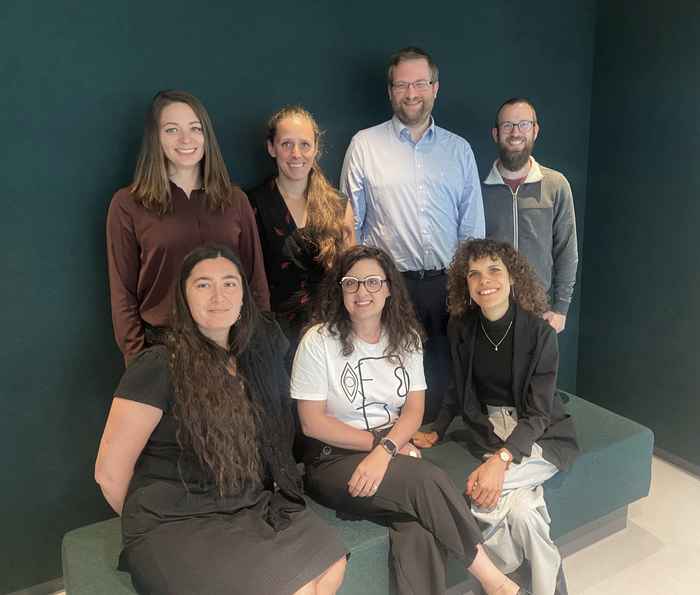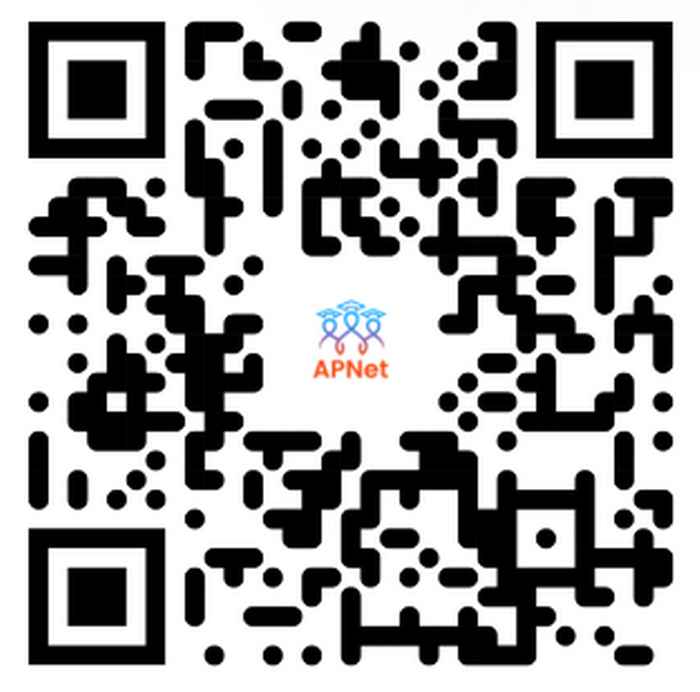Ioana Ilie elected president of Assistant Professor Network Netherlands
24 October 2023

Founded in June 2022, APNet aims to become a core organisation in the Dutch academic landscape representing assistant professors and equivalent researchers in universities and research institutes across the country. Through APNet, assistant professors have “a seat at the table” with organisations such as the Dutch Research Council NWO, the Royal Netherlands Academy of Arts and Sciences, the Universities of the Netherlands, education unions, ministries, and individual universities.
More members, greater diversity
“We are a growing organization, that is making its way through the Dutch landscape, which includes over 5000 assistant professors”, Ilie says. “To effectively represent these and voice their opinion, increasing the number of APNet members will be instrumental.” APNet already kick-started a promotion campaign to raise awareness. This includes, amongst others, regular meetings with the aforementioned Dutch organisations. More recently APNet is discussing European initiatives for recognition and rewards such as the Coalition for Advancing Research Assessment COARA.
Another challenge Ilie and the recently installed board are taking on is enhancing the diversity of the APNet membership. Since most of the board members are from beta and gamma sciences, outreach is currently somewhat limited to this specific audience. “We are aware of this”, Ilie acknowledges, “Enhancing diversity across the Dutch universities and across disciplines is definitely on our agenda. Attracting more members from the humanities is a concrete goal for the years to come.”
To achieve success with APNet, to Ilie it is important to maintain close communication with APNet members and promptly address inquiries from officials. “This of course goes hand in hand with financial stability. We currently rely only on membership fees. This enables us to organize live events for our members, such as the yearly general assembly. But we would like to strengthen our organisation and bring our community together more often, to network and share experiences. To do this, we hope to secure financial support from external sources.”
